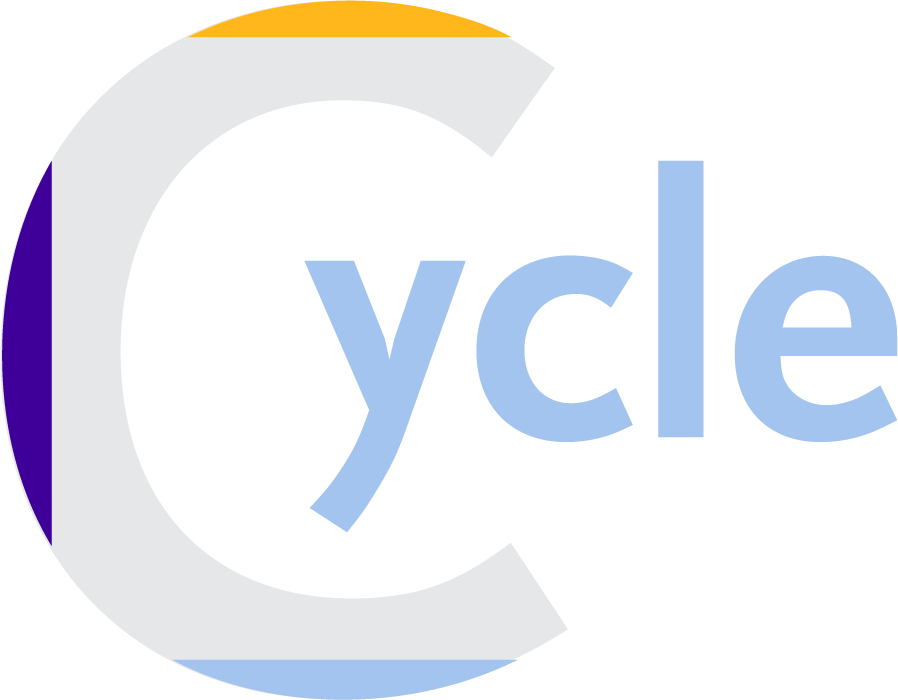CYCLE Summer Learning Series: Part 2
One of CYCLE’s core values is learning, specifically to create a culture of inquiry where ideas, information, and discoveries are exchanged. Over the summer, CYCLE staff have had opportunities to facilitate and attend a number of learning events. During the last few weeks of summer, we will be publishing a series of blog posts on lessons, reflections, and takeaways from those learning opportunities. Next up, Jonathan Martinez, Senior Program Manager at CYCLE, reflects on the Family and Community Engagement Conference.
Family and Community Engagement Conference, Reno, NV
Every year, the Institute for Educational Leadership (IEL) brings together families, educators, and organizers to share strategies and stories for building ties between education systems and the communities they serve in order to improve educational equity.
This year’s Family & Community Engagement conference took place in Reno, Nevada, from July 9-12. Following suit with the gambling theme of the conference, “Engaging Families: A Sure Bet,” several lunch plenary speakers went all in with a critique of how districts engage families, and how engagement-only strategies for creating change are limited. Natasha Capers, Parent Organizer & Coordinator with the NYC Coalition for Educational Justice, spoke of the need to move beyond “involvement” and toward “engagement”, comparing the same words as they might be used to show how a romantic relationship could progress from two people being “involved” to being “engaged.” Mark Warren, Professor of Public Policy & Public Affairs at UMass Boston, said: “If we’re really serious about equity, we have to build power among those most affected by the problems in the system. We need more than engagement: we need organizing and alliances.” Mark’s most recent book, Lift Us Up, Don’t Push Us Out, features chapters written by parent and youth leaders and organizers, like Natasha, on the front lines of the educational justice movement.
Both speakers suggested views similar to CYCLE’s position on the need to prioritize organizing and alliance building to create lasting social change, as well as the need to bring together parents, youth, and educators (the folks most affected by the problems we’re trying to solve) to make it happen. As part of our contribution toward building a stronger movement for educational justice, we have launched the CYCLE Strategy Institute (CSI) to support some of our key parent organizing partners throughout New England. We have been working with them over the summer to prepare for our CSI Convening taking place this fall in Providence. Our hope is to offer CSI more broadly to the field in the future to support and link education organizing efforts locally, regionally, and nationally.
